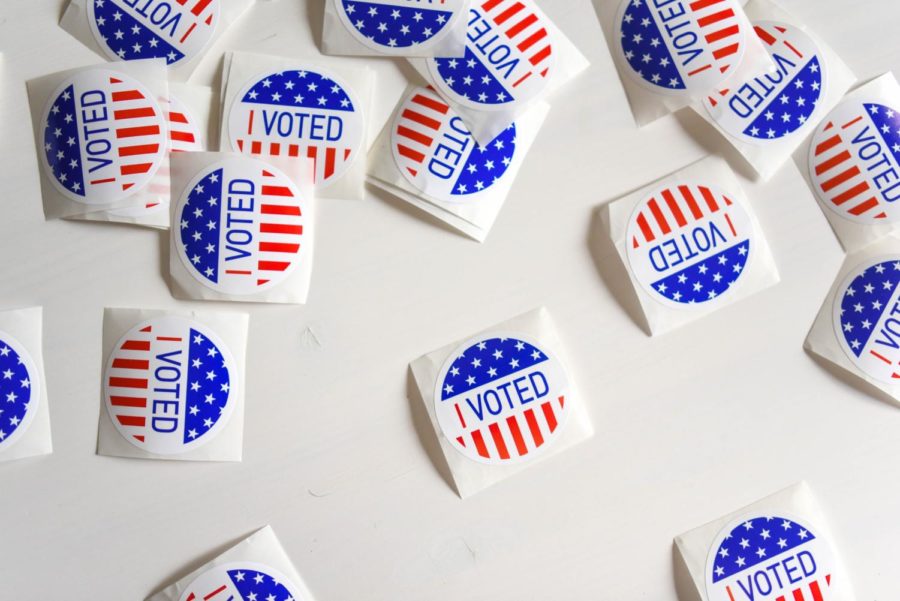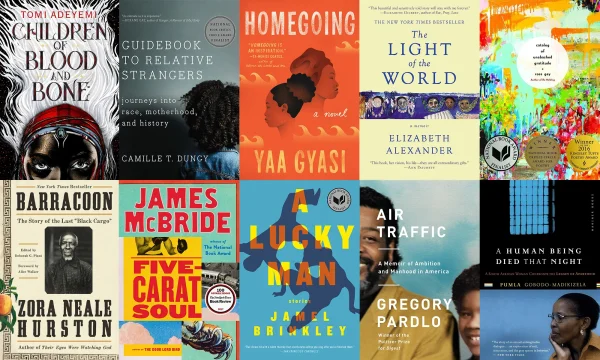ASB Elections Reform
Photo by Element5 Digital on Unsplash
It’s the time of year everyone’s waited for: class senator elections. Students crowd on the hard plastic bleachers in the gym, staring at a line of candidates sitting neatly in the middle. One by one, they stand up, read a two-minute speech, and urge the audience to vote for them. All of their speeches sound equally persuasive: “vote for me, I will make school better, I have leadership experience, I will ramble in response to this required prompt and tell you nothing about myself”. And then the justices tell the students to open their Chromebooks and vote.
Let’s zoom in on one student. They want to make a good decision. They really do. They want to give the responsibility of organizing class events and representing their grade to people who are deserving of the role and can handle the responsibility. But they don’t know who to pick. They listened to the speeches and squinted at the candidate guide, but they still don’t know the candidates hardly at all, beyond the one they share an English class with and a few they see in the halls occasionally.
How are we supposed to make an informed decision about who to vote for when we aren’t given enough information about the candidates? To fix this problem, the ASB elections system should be reformed. Instead of the voter guides and speeches, candidates should submit an educational resume that is available to voters, and there should be a candidate forum where the justices ask candidates questions submitted by voters and by the justices.
In the current system, candidates must answer questions to be put in a voter guide. The current voters’ packet includes questions like, “If you could be in the movie of your choice, what movie would it be and what character would you play?” and “What is your favorite office supply? Why?” These questions are intended to help voters get to know the candidates, but they don’t provide relevant information. Knowing what someone’s favorite movie is will not help with knowing whether they would be a responsible school leader.
In this system, candidates must also prepare a speech to give to the voters, where they respond to a prompt and explain why people should vote for them. The prompt for Class of 2024 senators this year was to describe a time they experienced hardship and how they got through it using leadership. Although this prompt is more relevant to the election, and candidates do share useful information in their speeches, it’s mostly just a measure of how well you can write a speech, and that’s not what the position entails. The speech doesn’t tell voters anything about relevant qualities, like how the candidate handles responsibility, whether they do their work on time, whether they’re a good person to work with, what actions they will take if elected, or what their positions are on relevant issues, and so on.
This system doesn’t provide enough useful information to voters, making the elections often come close to being popularity contests. This is clearly not a fair and reasonable system. The students who want to make a good choice but are sitting there in the bleachers bewildered and uninformed shouldn’t have to blindly pick whichever candidates they most recognize. And the well-qualified but not well-known candidates—the ones who put a ton of effort into writing their speeches, are devoted, and genuinely would serve the school well, but simply don’t know that many people, should have a possibility of success.
Furthermore, the current system requires too much work from candidates without actually serving a useful purpose. In addition to answering questions for the voter guide and writing a speech, says current 2024 senator Sage Allen, candidates also have to write an essay that is in a display case for students to read as useful information, but many do not, design an Instagram post, and they are encouraged to make promotional posters to hang around the school and in the Commons. He says this work is overwhelming and stressful, especially for people who are often involved in many other activities. Much of it, like the posters, provides no information to voters other than advertising.
To replace the voter guide, candidates should instead submit a public educational resume. This would show academic achievements and leadership experience in a more structured, in-depth format. It’s similar to the voter guide in that it provides written information, but it focuses on academics and experience rather than surface-level, irrelevant interests. “Here’s what I’ve done” is more useful than, “here’s what I like”.
Additionally, to replace the public speeches, we should have a candidate forum. This would have questions submitted by students and/or written by justices, and could include questions like, “What experience do you have with working in teams?” and “If elected, what would you do to help support the culture of the class?” The justices would ask each question to each candidate in turn. They could even provide the questions to candidates in advance. This replicates real-life candidate debates, like the presidential debates. It would provide more useful information to voters and make it easier to compare candidates. It would also be less stressful for candidates since they would only have to respond to questions rather than writing a full speech with minimal guidance, and they would have more chances to make a positive impression. It still maintains the public speaking aspect of elections, which is important given the amount of events senators are expected to organize and lead, while simply doing so in a more useful way.
It’s essential to provide students with an environment where they are supported and encouraged to vote in order to set up a habit of voting. According to the Center for Information & Research on Civic Learning and Engagement at Tufts University, only an estimated 50% of eligible voters ages 18-29 (and 46% of those 18-19) voted in the 2020 presidential election, up from 39% in 2016. They describe how it’s essential to prepare young people to vote, because “voting is a habit that, when formed and practiced early, is likeliest to persist later in life.” ASB elections are a good way to prepare students to vote later in life, but only if they are well-organized. If students view the elections as confusing, pointless, and not something to take seriously, they’re likely to carry this attitude forward and are less likely to participate in important governmental elections later in life.
Admittedly, there are some positives to the current system. The method of having the general interests and information in the current candidate packet can be a back door when not knowing who to vote for. The best you can do as a voter who doesn’t know any of the candidates is to find similarities in the activities that you enjoy and try to tell what their personality is like. However, the voters should not have to base their votes on basic, surface-level interests. They should be able to make an educated decision based on how well the candidates will work in a leadership role and how the candidates can demonstrate responsibility, not what their favorite office supply is.
Ultimately, the current ASB elections system does not provide voters with sufficient information to make an educated decision. In order to make elections fairer, to make sure that the best candidates are elected, and to set students up to be civic participants and voters later in life, the system must be reformed.








